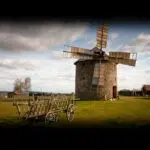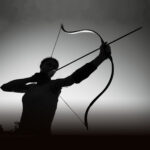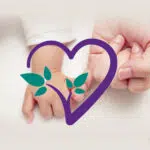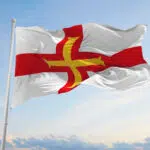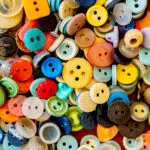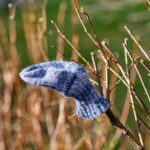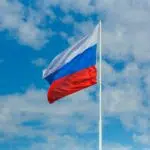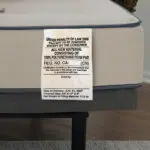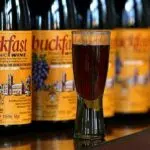Hurray for Buttons Day is an annual event observed on May 9. A button is a small knob or disk secured to an article, mostly clothing, and used as a fastener with a buttonhole or loop. It also refers to a circular metal or plastic badge that bears a stamped design or printed slogan. For example, a campaign button. The oldest known button dates back to 5000 B.C. in the Indus River Valley and was made from a curved shell. It was not until the 13th century that buttons served as fasteners, and this, along with buttonholes, first appeared in Germany before spreading throughout Europe.
History of Hurray for Buttons Day
Buttons are made from almost any material in the world from plastic to metal. Their composition often reflects the popular materials of the era in which they were made. Today, the most common materials are hard plastic, metals, seashells, or wood. They were once made by artisans, artists, and craftspeople, out of raw materials or found objects such as fossils, or a combination of both. Nowadays, factories produce them in large quantities.
Button collecting is quite popular in the United States. People collect buttons for a variety of reasons; for future use, for casual collecting, or for competitive collecting. Hobbies magazine organized a hobby show in Chicago in which button collectors participated. Later that year, they formed the National Button Society and held their first button show.
Many state and local button clubs were formed in the following decade, holding their own button shows. The National Button Society has over 3,000 members on four different continents. It focuses on educational research and exhibitions, the publication of materials about buttons, and the preservation of the importance of buttons.
Hurray for Buttons Day FAQs
Who invented the button?
The Indus Valley Civilization is said to be the creator of the button. The Bronze Age civilization was located in the northwestern regions of South Asia such as modern-day India and Pakistan.
How many types of buttons are there?
There are a great variety of buttons available all over the world. They are made from different types of materials ranging from horns to pearls, and more commonly, plastic.
What did they use before buttons?
Pins, leather lacing, and belts were used to secure clothing before buttons came about.
Hurray for Buttons Day Activities
Start your collection of buttons
Many people collect buttons in the United States, so it may be a good opportunity to start yours. Experiment with different colors and sizes.
Wear something with buttons
The best way to celebrate Hurray for Buttons Day is by wearing something with buttons. Luckily, there are so many options.
Go to a button show
Do not miss out on going to a button show if there is one near you. It’s a fun way to spend a lazy afternoon.
5 Fun Facts You Probably Don’t Know About Buttons
The word ‘button’ is French
It is from the French word ‘bouton,’ meaning ‘bud’ or ‘knob.’
A men's affair
It was not until the mid-1800s that women became the primary consumers of buttons.
Buttons defined social status and wealth
The French King, Francis I, is said to have had thousands of gold buttons on a single coat.
Thousands of button patents
The U.S. Patent Office has issued thousands of patents related to buttons and other clothing fasteners.
Black glass buttons or ‘jets’
Some collectors referred to all black glass buttons as ‘jets,’ which is technically incorrect since the jet is a mineral related to coal.
Why We Love Hurray for Buttons Day
Another holiday to celebrate
It is a good opportunity to celebrate and spend the day with your loved ones. Who doesn’t like holidays?
Button collecting is popular
A lot of people in the U.S. collect buttons for many reasons. This day recognizes them too.
A wide variety of patterns and colors
They are also great for art. Generally for decorating the top face. We stan the versatility.
Hurray for Buttons Day dates
| Year | Date | Day |
|---|---|---|
| 2026 | May 9 | Saturday |
| 2027 | May 9 | Sunday |
| 2028 | May 9 | Tuesday |
| 2029 | May 9 | Wednesday |
| 2030 | May 9 | Thursday |



